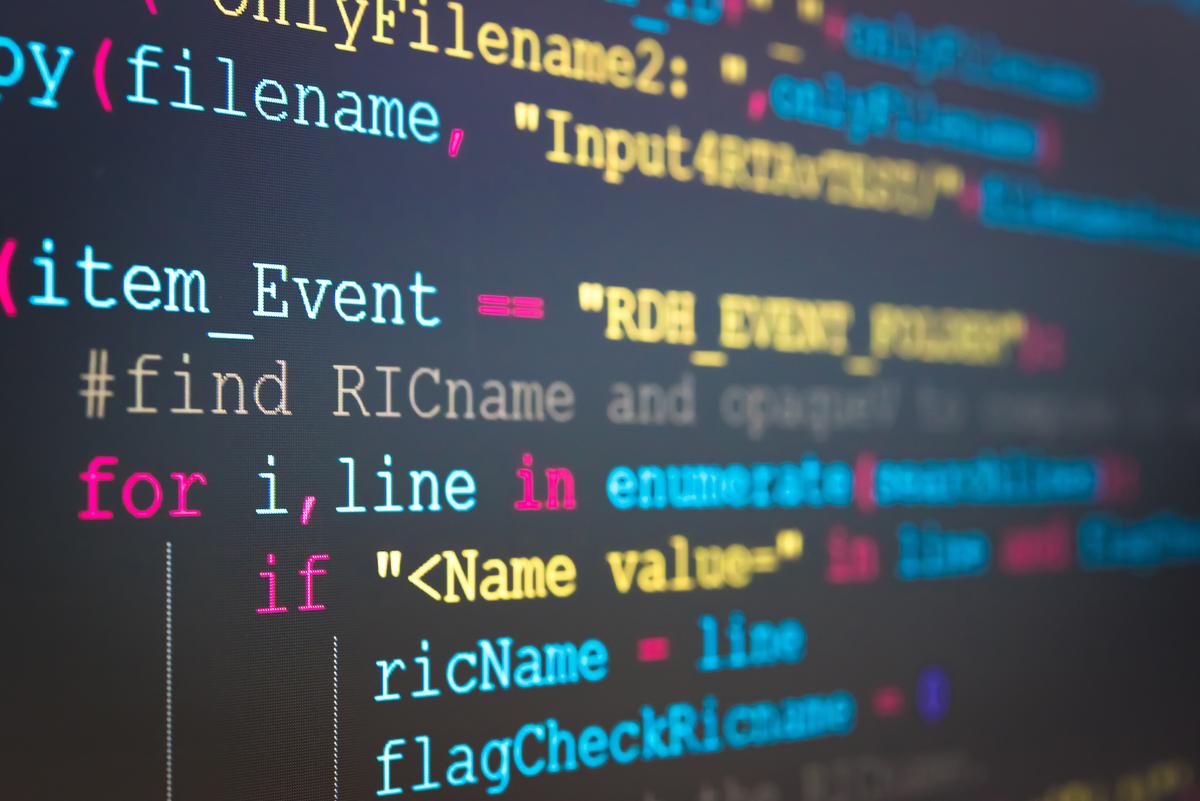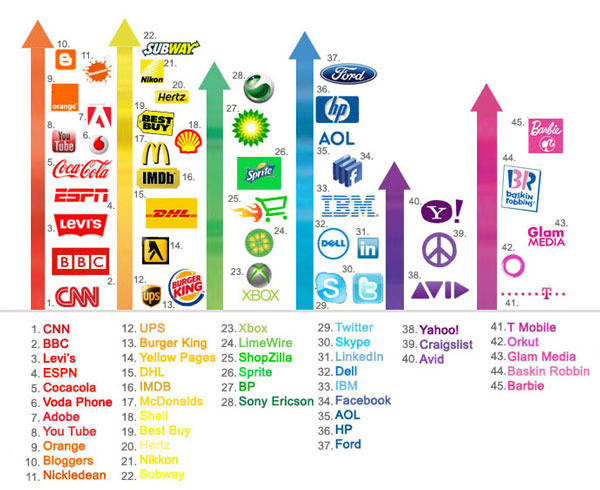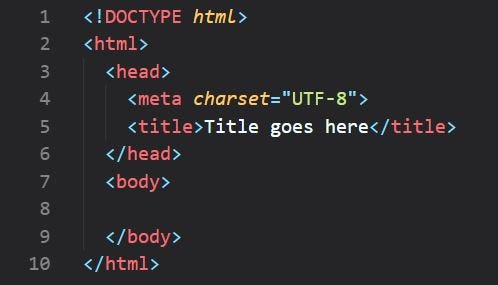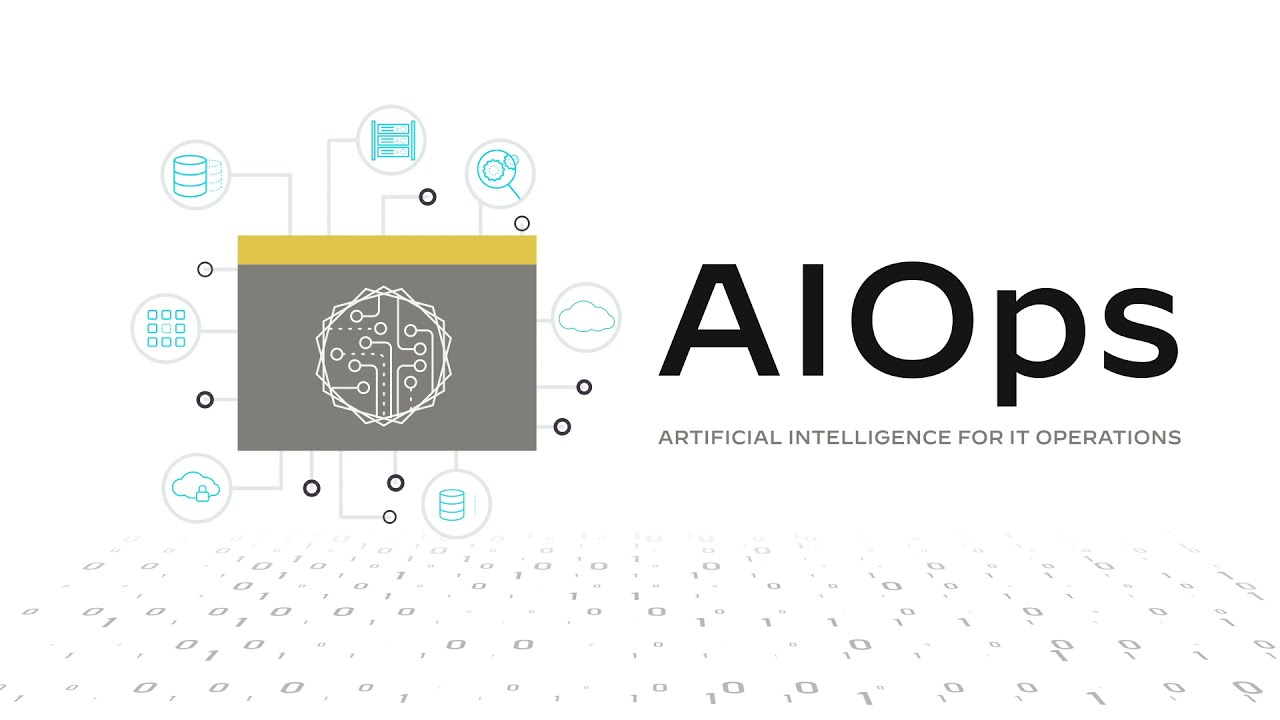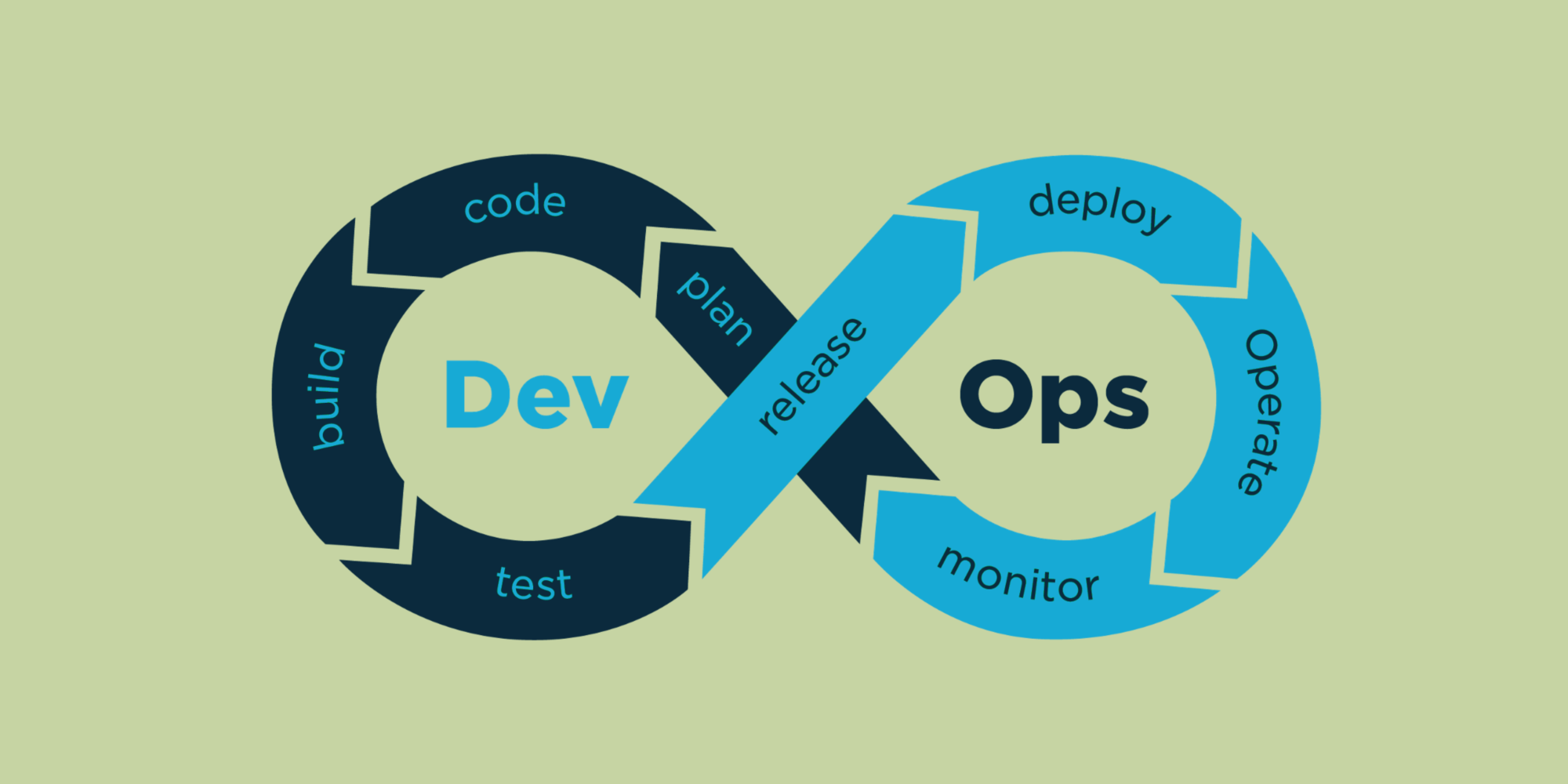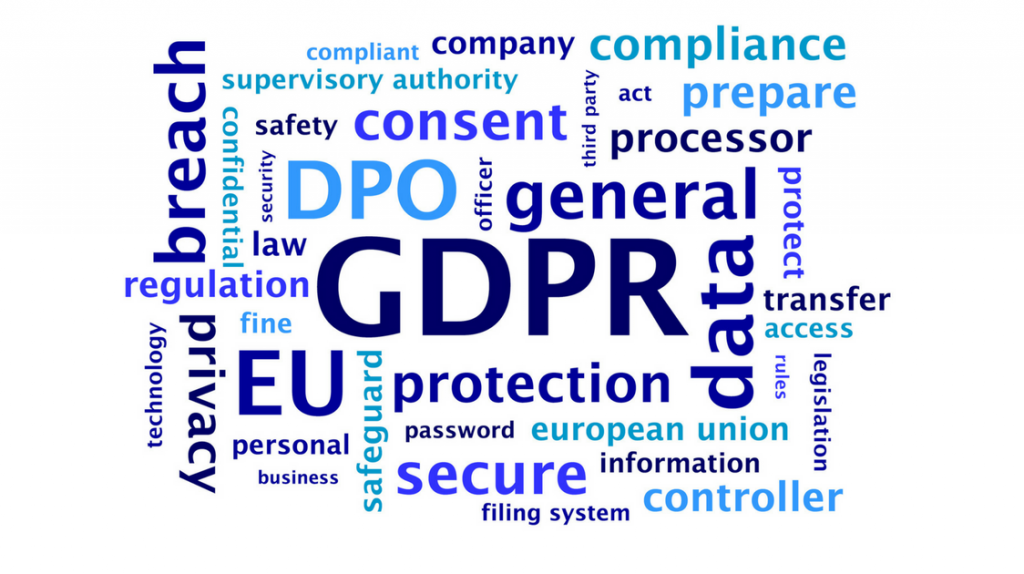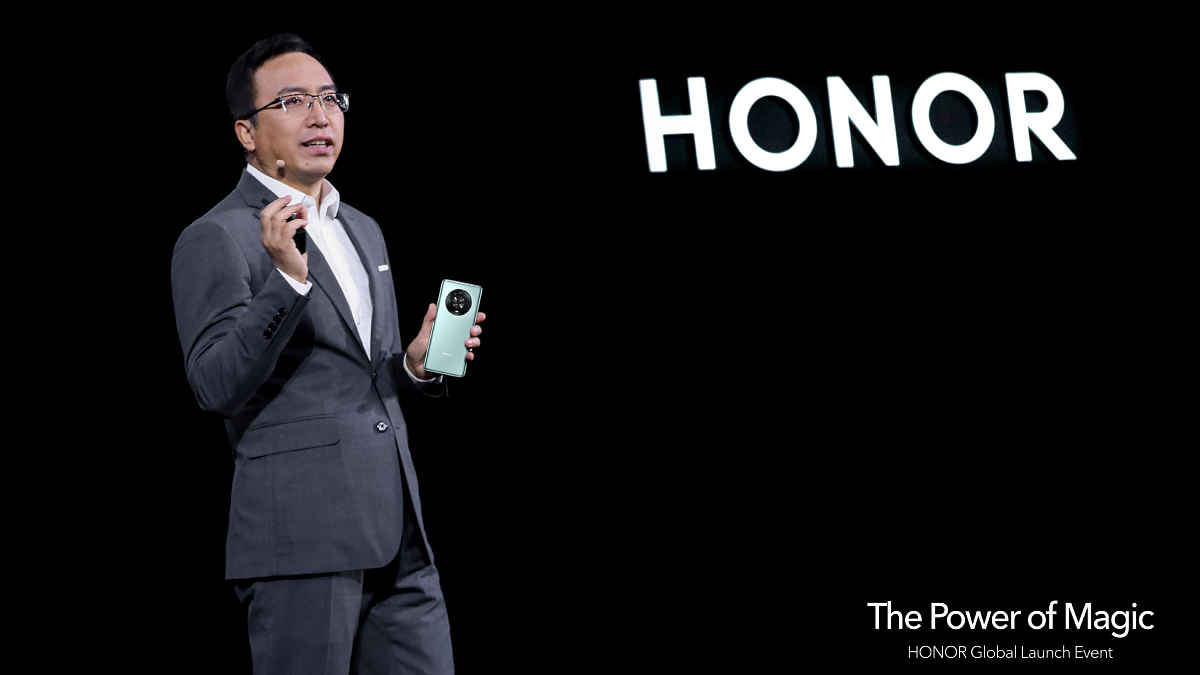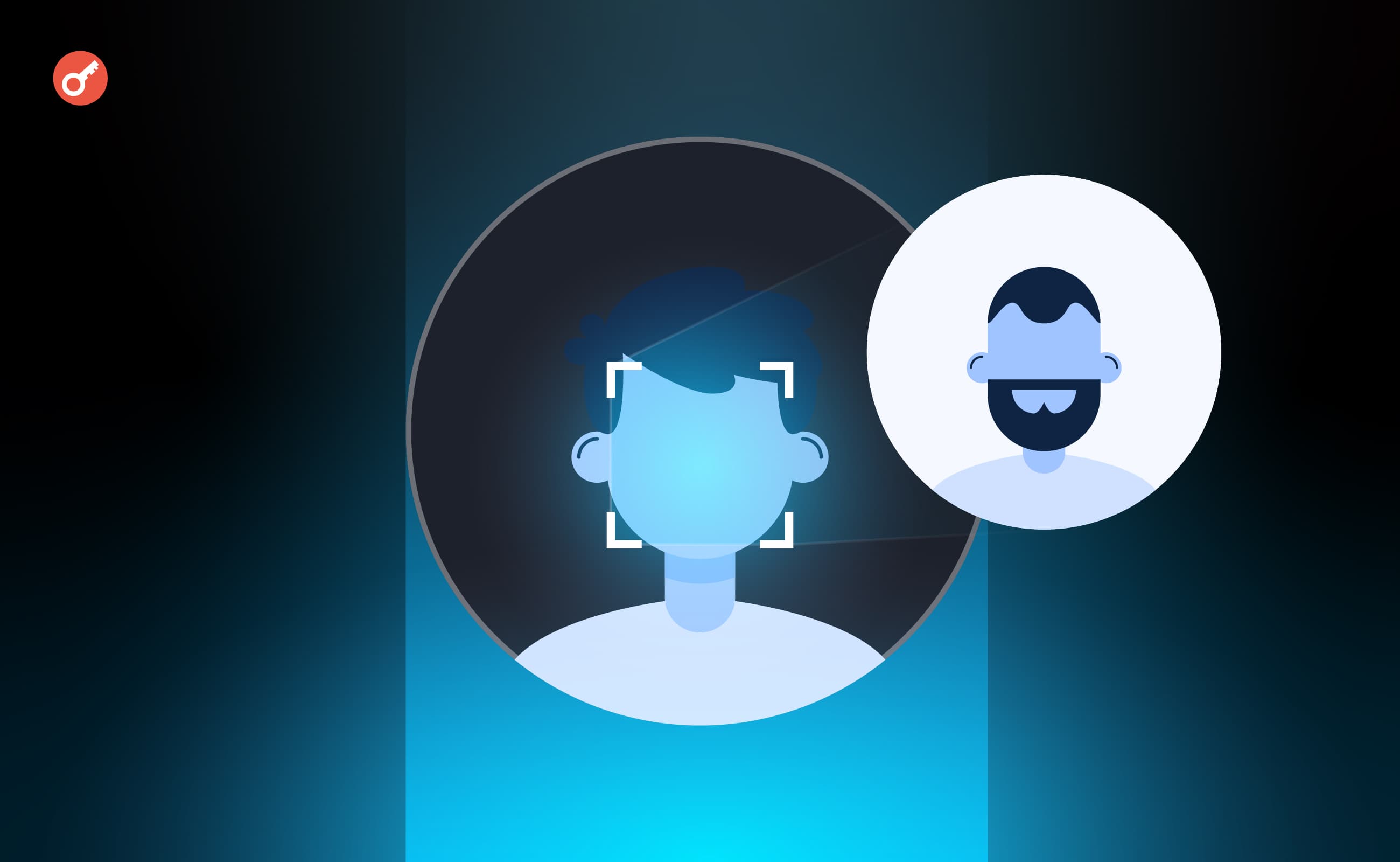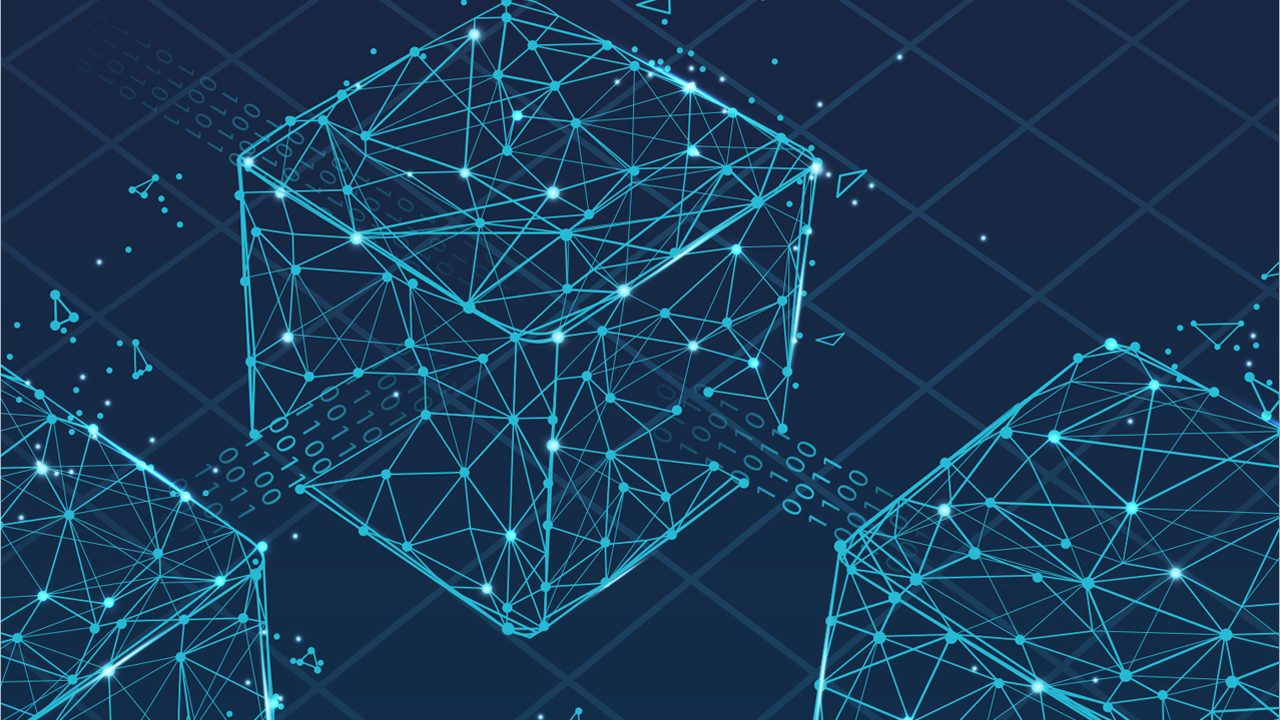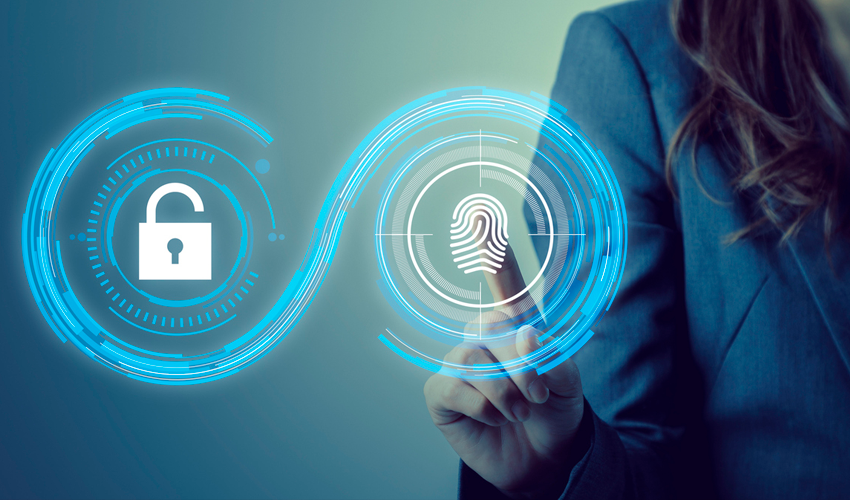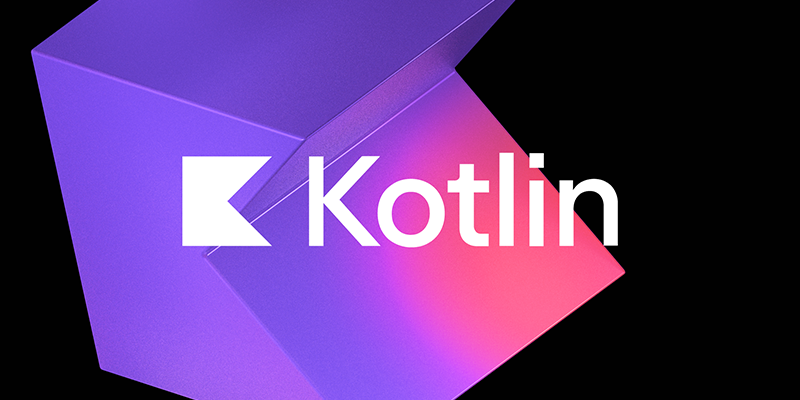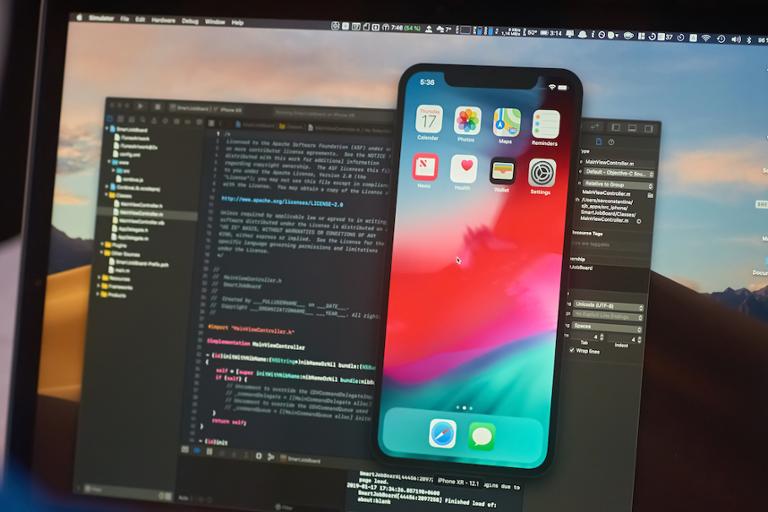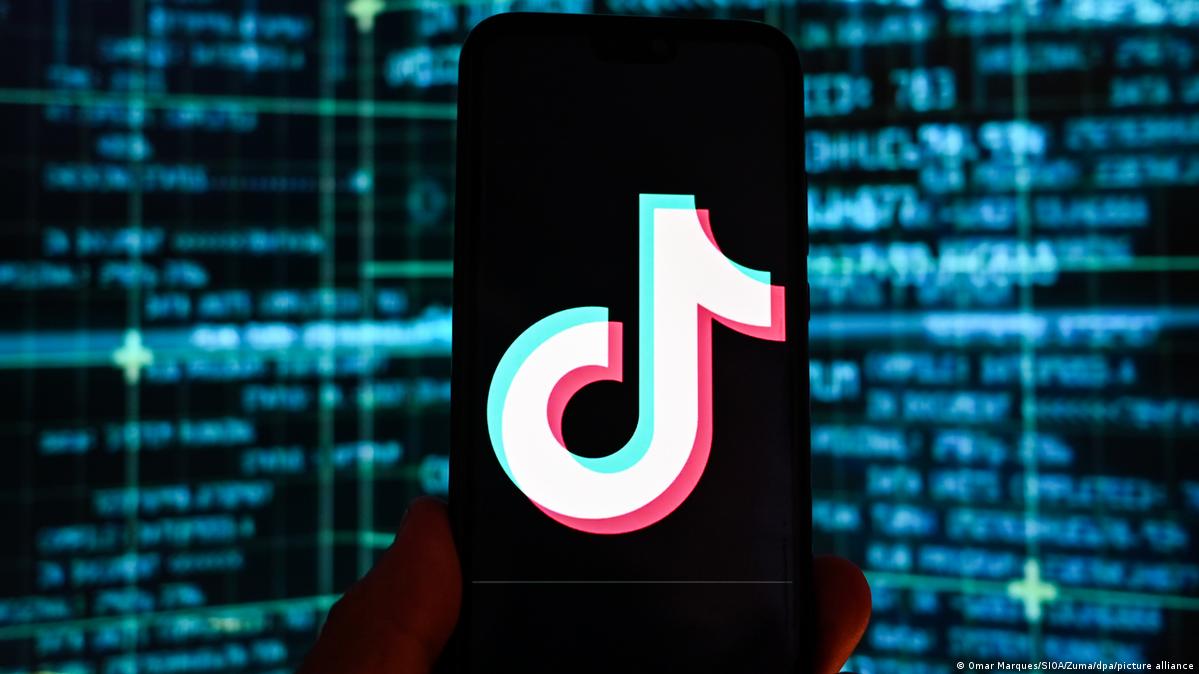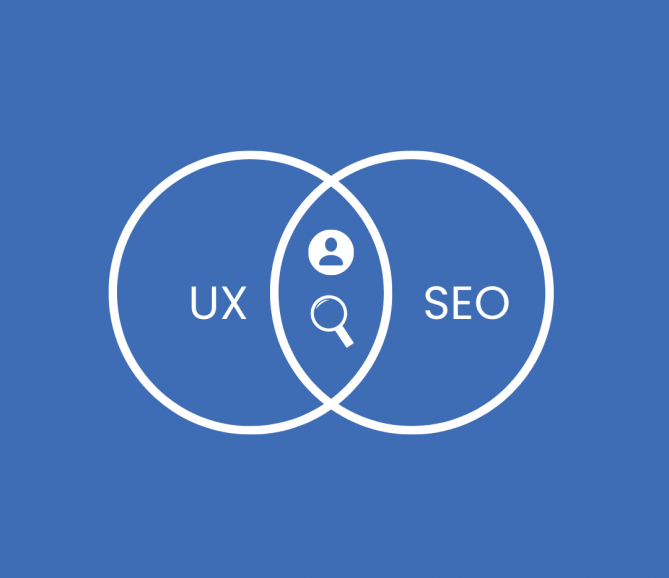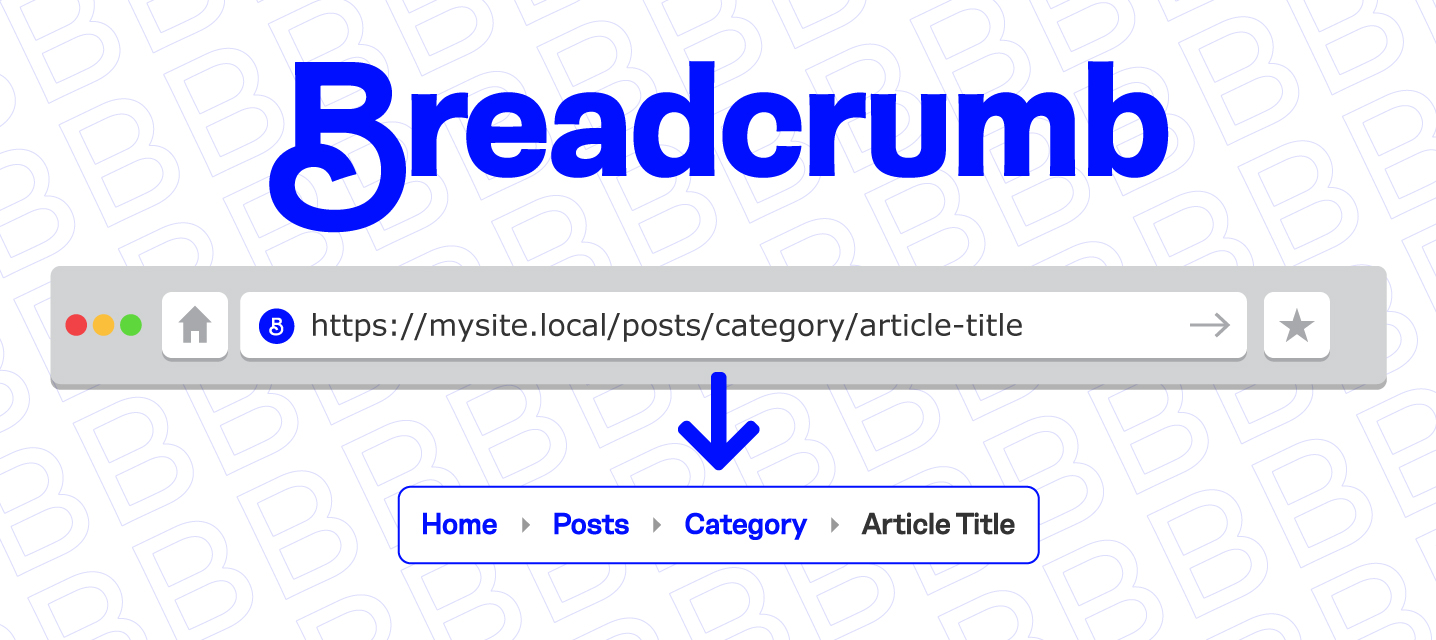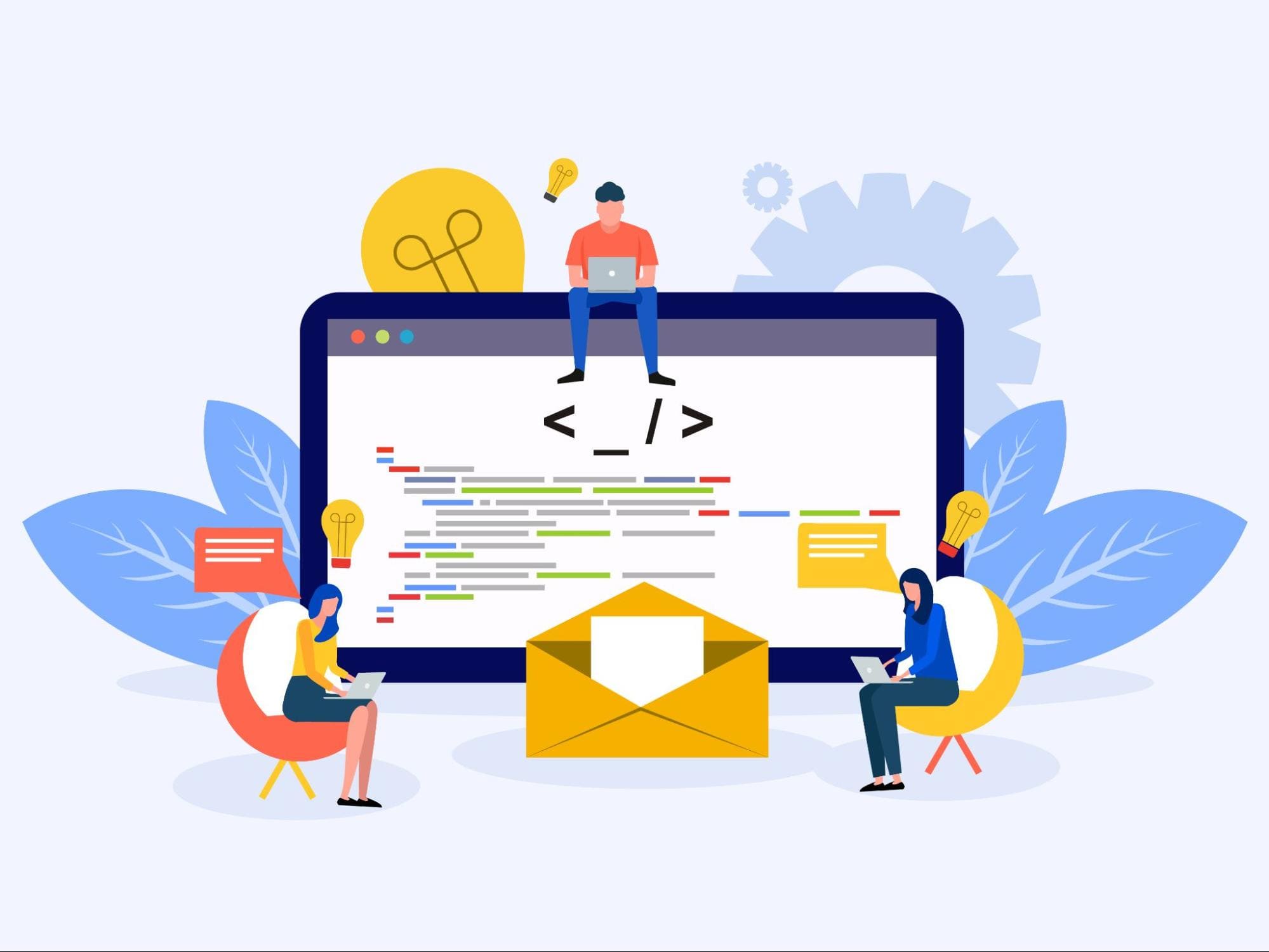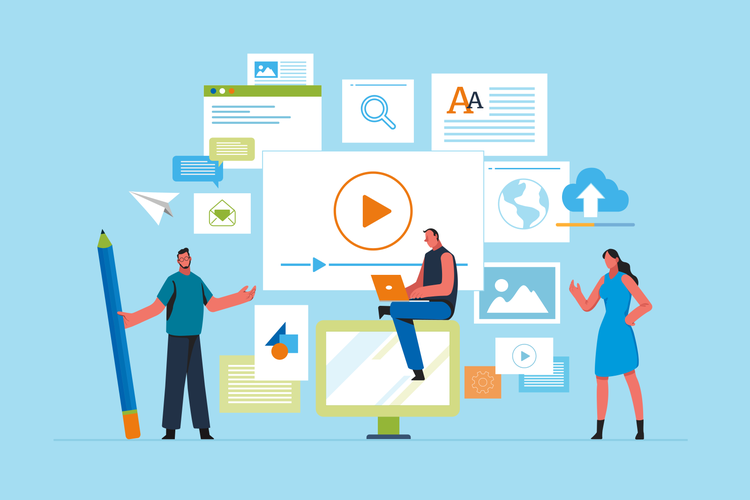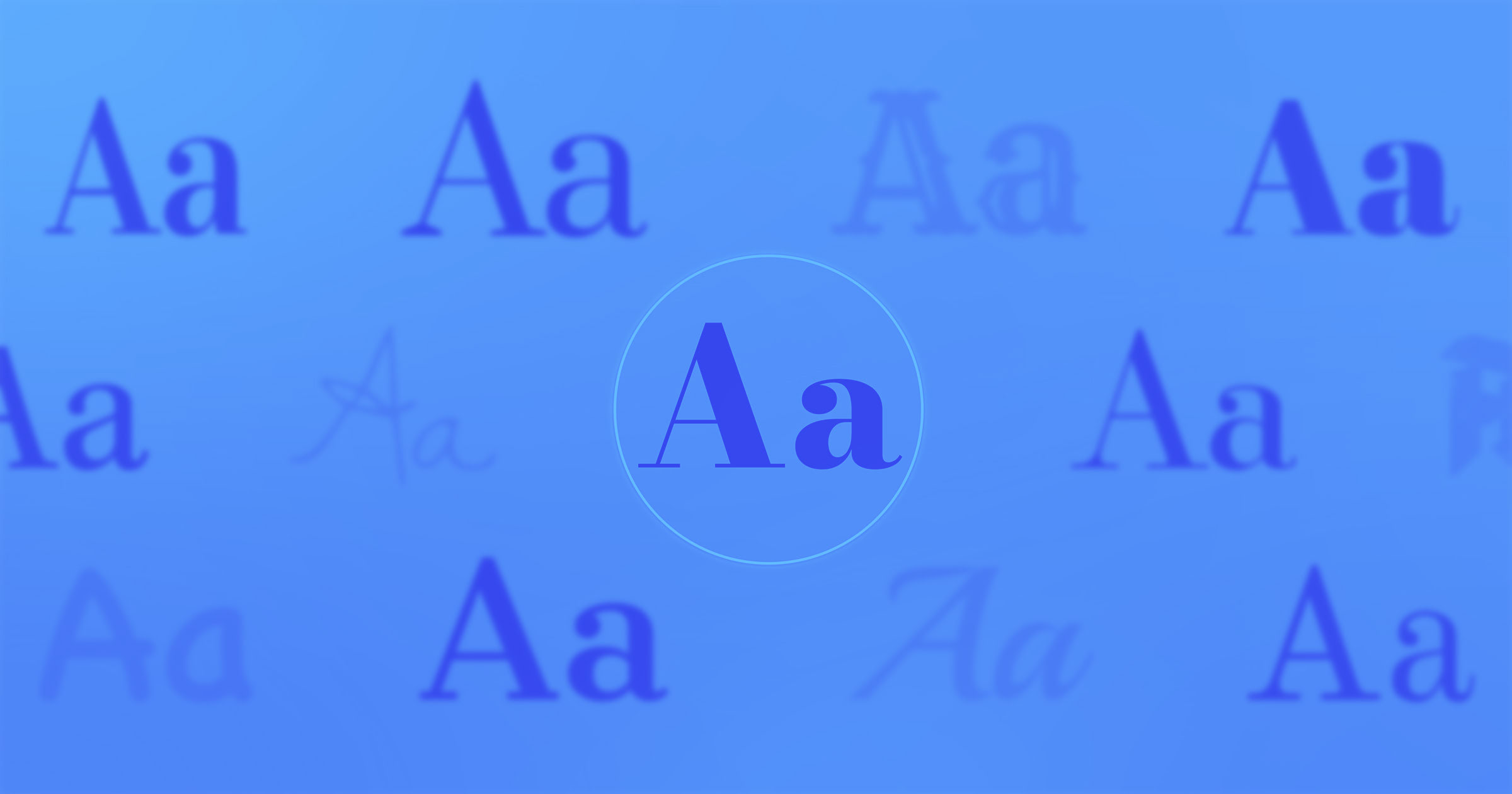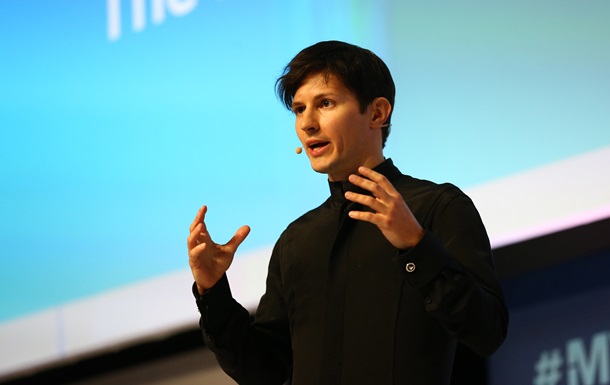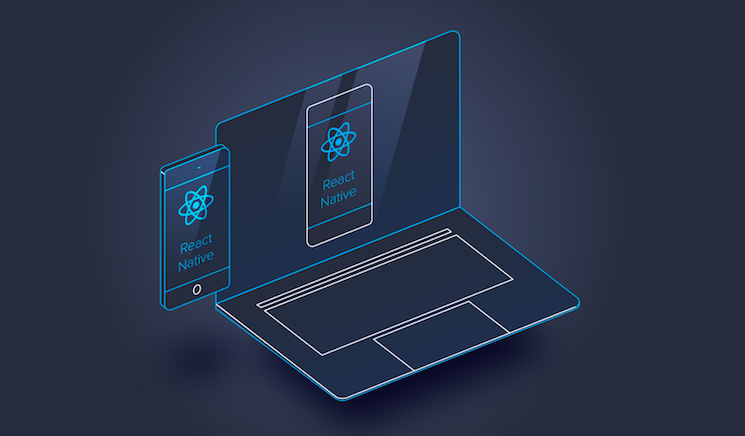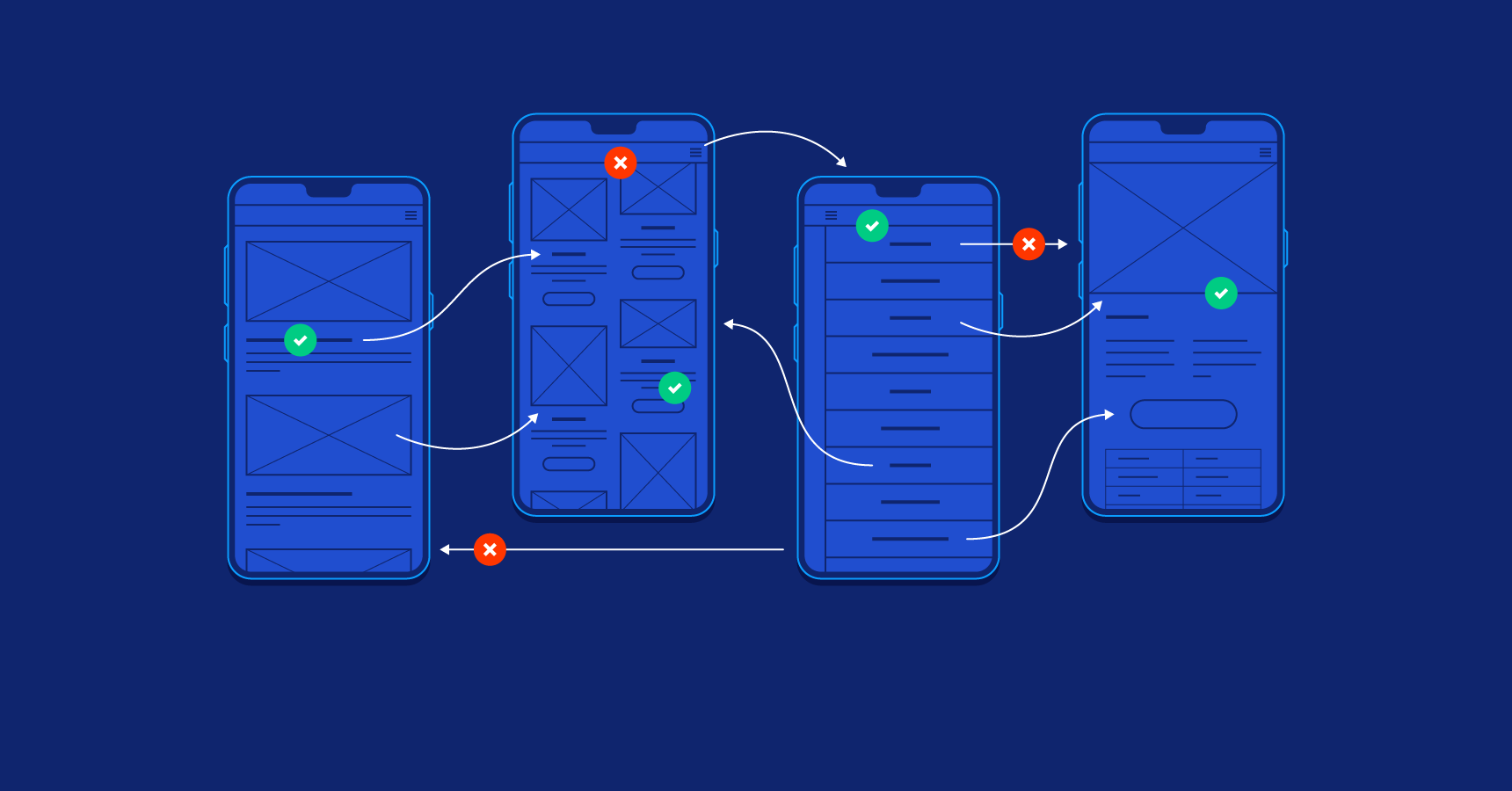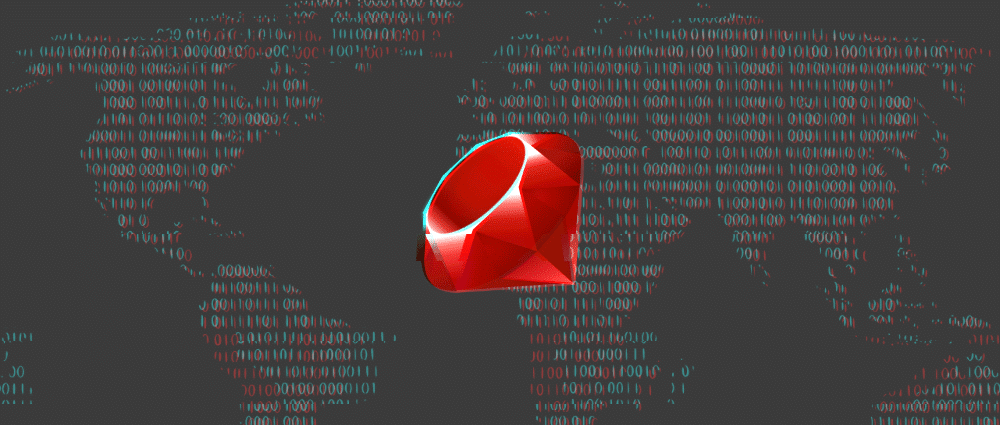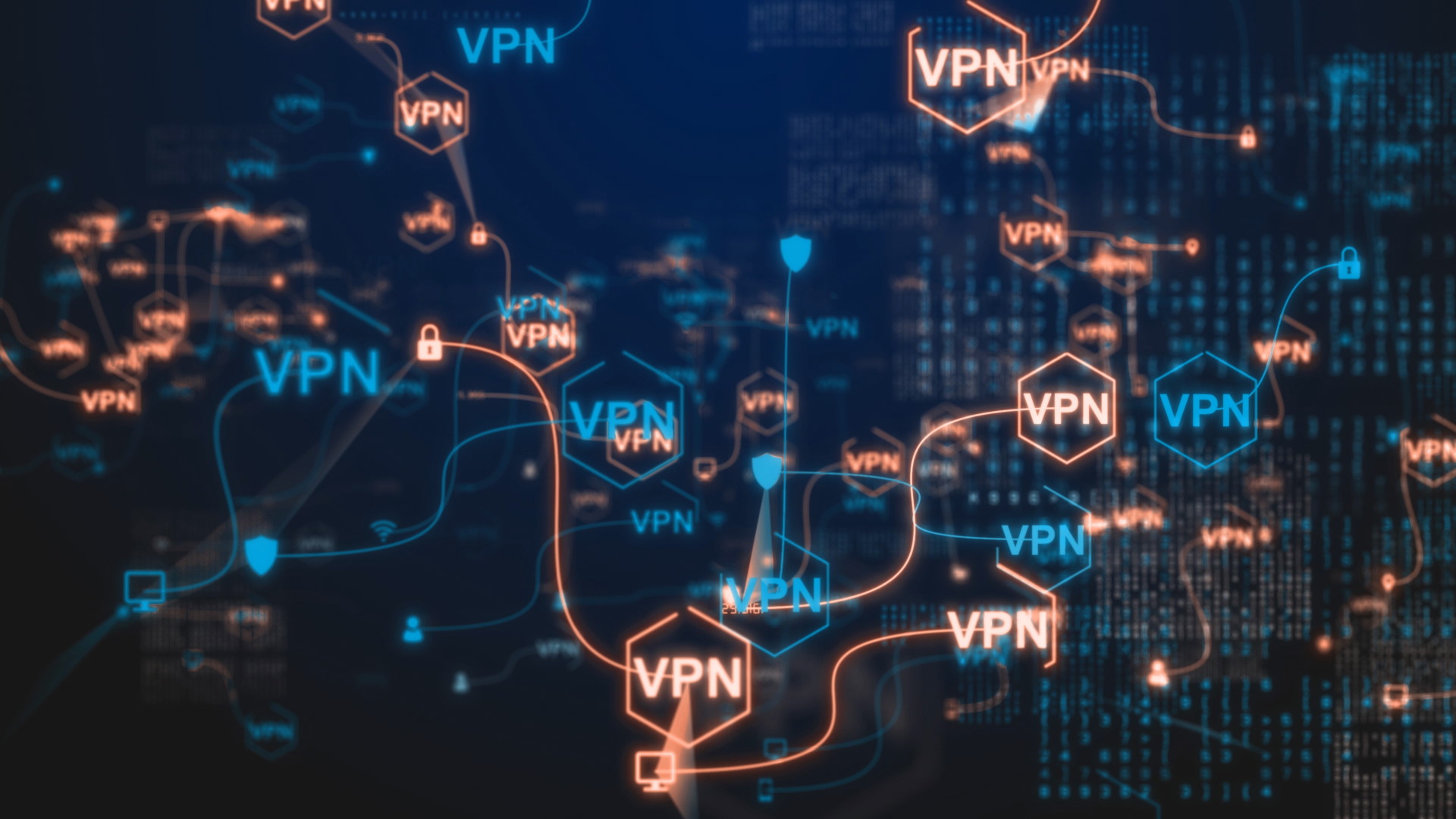The ChatGPT phenomenon
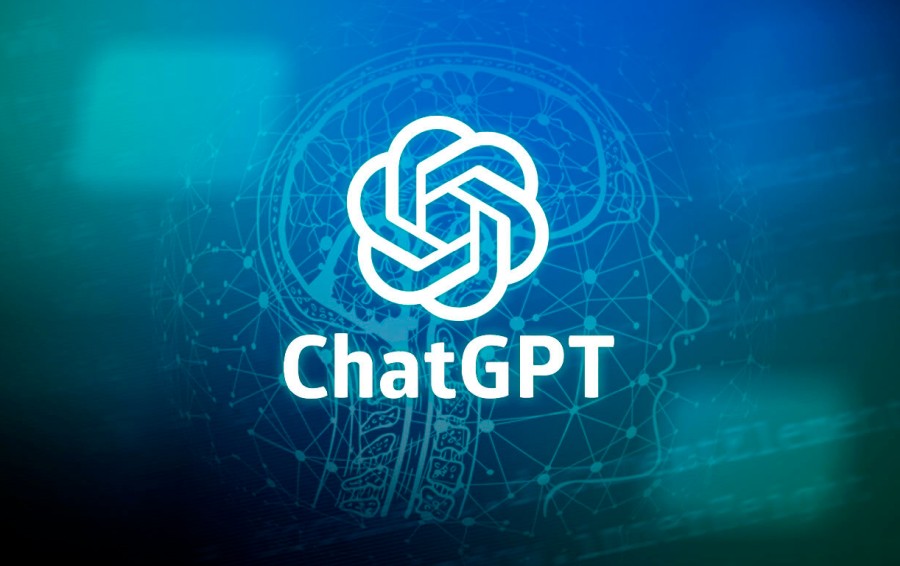
We have all heard
about this neural network, which is gaining more and more popularity every day.
But many are wary of it and have not yet tried it. Let's look at the most
popular questions about ChatGPT and try to answer them.
• What is
ChatGPT?
First of all,
let's look at the decoding: GPT-Generative Pre-trained Transformer, or rather
generating a pre-trained transformer. First of all, this is an AI-based bot and
exists in the form of a chat. Thanks to the dialogue format, the bot answers
everything in simple language, supposedly acting as an interlocutor. You can
talk to him, ask questions, ask him to write something - the neural network
will answer all this in simple human language, and at the same time you can ask
him to answer more simply.
This neural
network answers questions using publicly available information: from the
Internet, books, magazines, and so on. Thus, for example, by asking a question
you will receive a generalized answer that will contain all the main points.
• Can ChatGPT be
trusted?
This question is
of interest to many who are afraid of this neural network. The developers
themselves advise not to trust confidential information to the neural network,
because it stores everything in memory. For example, at the end of a dialogue
with a bot, if you ask it about the beginning of the dialogue, then it will
certainly remember. Therefore, you still shouldn’t trust him with too much
personal information. And in practice, there was a case when a user was
accidentally shown a chat with another person, this error, of course, was
corrected as a result, but still, you should be careful. If you ask the bot about some questions with the content of a crime, then
it will most likely answer that it works to maintain good in the world, and
will not answer it. The developers also aimed for the bot to be as tolerant as
possible, so that you will not receive a negative answer to questions on these
topics.
• How can I use
this bot?
ChatGPT can be
widely used in many contexts. For example, you can ask him to tell you about
some historical phenomenon, or ask him to write a mini essay on this topic. It
can translate texts, shorten and paraphrase them, create pictures of different
contents, write simple codes and many different functions. But it does not
always perform all functions at high quality. For example, when translating
texts, you can encounter errors; he does not answer all questions correctly; he
usually gives too general answers, devoid of specifics. Therefore, you should
not completely trust the bot and verify the information.
• Is ChatGPT dangerous?
Although the bot
itself is harmless, it can be used for bad purposes. For example, hackers may
ask you to write malicious code, or scammers may use it for phishing. So in the
context of cybersecurity, you need to be careful with this bot. Also, taking
into account the fact that the neural network takes information from the public
domain, the information can often be biased or deliberately disseminated by
attackers. You should also not exclude the possibility of data leakage into the
network.
• What
professions can this bot replace?
ChatGPT answers
the question itself as follows: data analytics and machine learning; financial
analysis and forecasting; medical diagnostics; customer service and chatbots;
manufacturing and robotics; automation of application software testing; content
marketing and content personalization; transport and logistics; market
forecasting trends and investments; risk management and data security. He also answers that he cannot replace
professions in the field of medicine, education, creativity, and psychology.
These were the
answers to the most common questions about this bot. It can be a good
assistant, so don’t be afraid to use it.

